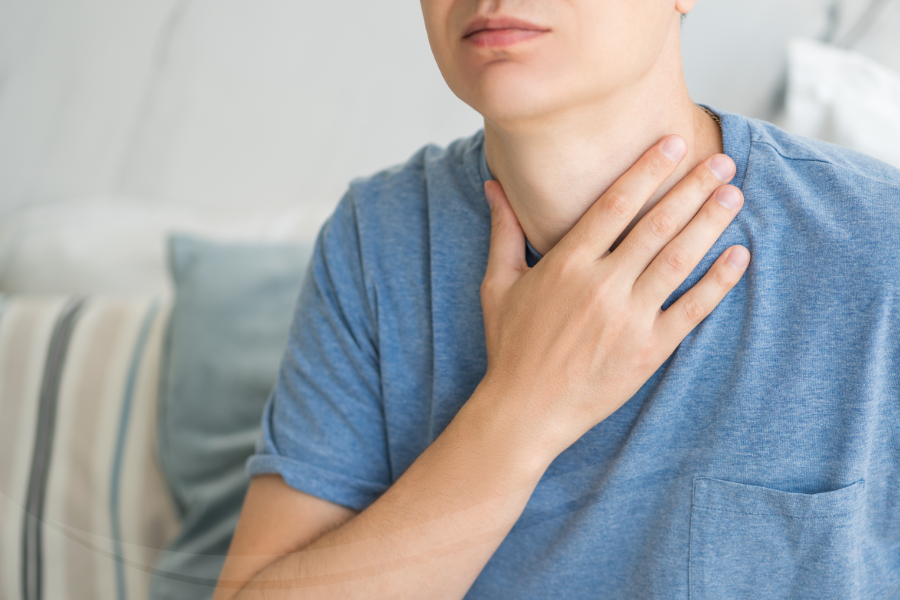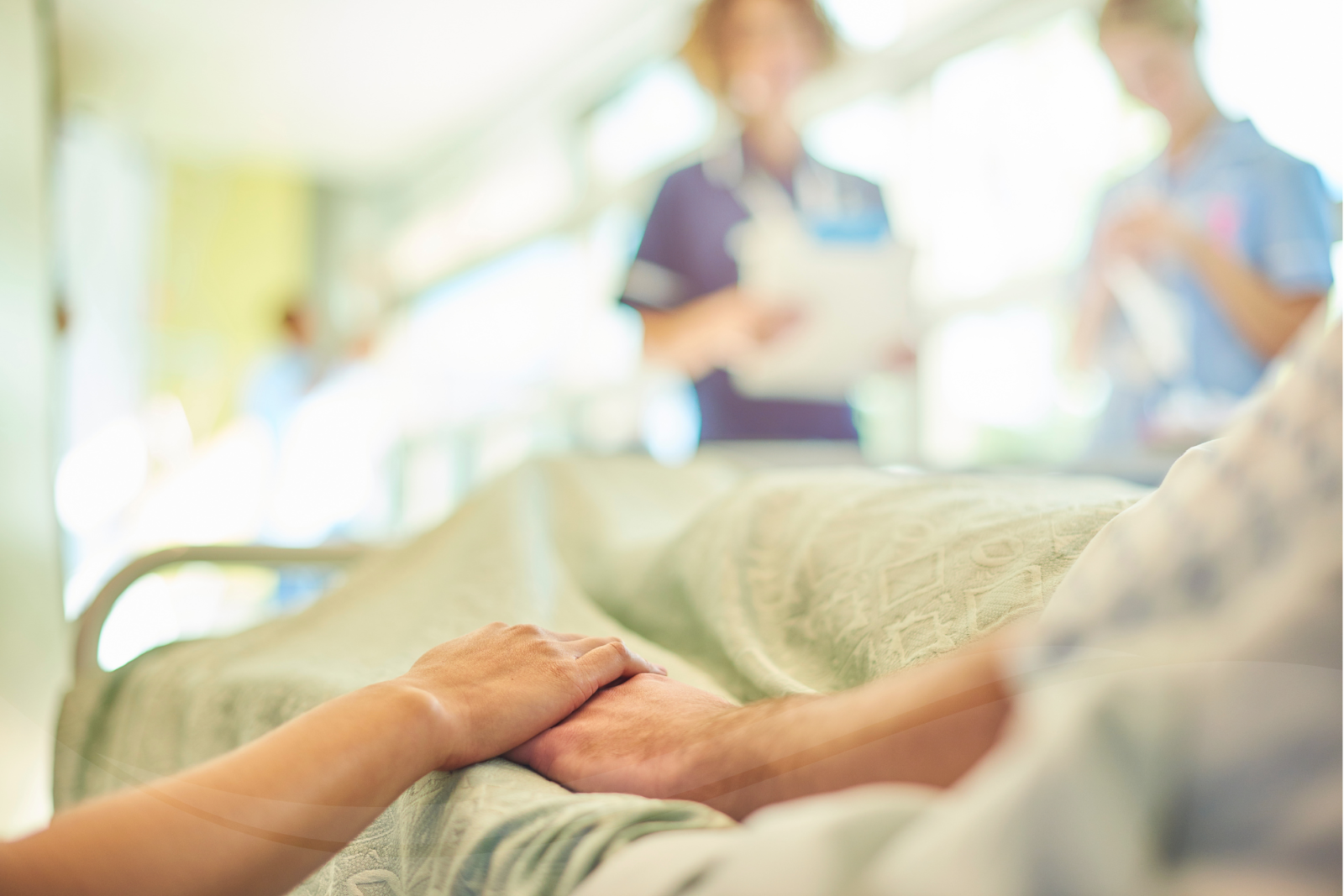Pneumonia
Pneumonia is swelling (inflammation) in one or both lungs that is usually caused by an infection. Many different germs can cause pneumonia, including bacteria, fungi and viruses (including influenza/flu and COVID-19).

Causes & Symptoms
Pneumococcal infection is spread from one person to another by coughing, sneezing, or close face-to-face contact. It can also be spread through saliva (spit) when people share food or drinks. Babies and children can become sick through sharing soothers, bottles or toys used by other children.
Pneumonia can be life threatening. It is a leading cause of death and hospitalization among seniors and in people with long term (chronic) diseases.
Signs and symptoms can range from mild to severe and may include:
- Chest pain when you breathe or cough
- Confusion or changes in mental awareness (in adults age 65 and older)
- Cough, which may produce phlegm
- Fatigue
- Fever, sweating and shaking chills
- Lower than normal body temperature (in adults over 65 and people with weak immune systems)
- Nausea, vomiting or diarrhea
- Shortness of breath
- Newborns and infants may not show any sign of the infection. Or they may vomit, have a fever and cough, appear restless or tired and without energy, or have difficulty breathing and eating.

Populations at Risk

Pneumonia can affect anyone:
But the two age groups at highest risk are: Children who are 2 years old or younger and people who are age 65 or older.
Other risk factors include:
- Being hospitalized: You are at greater risk of pneumonia if you’re in a hospital intensive care unit, especially if you’re on a machine that helps you breathe.
- Chronic disease: You’re more likely to get pneumonia if you have asthma, chronic obstructive pulmonary disease (COPD) or heart disease.
- Smoking: Smoking damages your body’s natural defenses against the bacteria and viruses that cause pneumonia.
- Weakened or suppressed immune system: People who have HIV/AIDS, who’ve had an organ transplant, or who receive chemotherapy or long-term steroids are at risk.
When to see your doctor:
See your doctor if you have difficulty breathing, chest pain, persistent fever of 102 F (39 C) or higher, or persistent cough, especially if you’re coughing up pus.
It’s especially important that people in these high-risk groups see a doctor:
- Adults older than age 65
- Children younger than age 2 with signs and symptoms
- People with an underlying health condition or weakened immune system
- People receiving chemotherapy or taking medication that suppresses the immune system
- For some older adults and people with heart failure or chronic lung problems, pneumonia can quickly become a life-threatening condition.
Treatment
People who develop pneumonia can usually be treated at home with medication.
Although most symptoms ease in a few days or weeks, the feeling of tiredness can persist for a month or more. Some people with severe pneumonia will need to go to the hospital to have additional support of oxygen and medication intravenously.
If you are prescribed antibiotics it is important to take the medicine as your doctor prescribes, even if you start to feel better. Do not take cough or cold medicine unless your doctor says it is okay.
If you have a milder pneumonia, you will usually begin to feel better within a few days or a week. If you have severe pneumonia, where you spend time in the hospital you may take a number of weeks to feel better.
People who have been admitted to the hospital with other medical conditions and develop pneumonia may become very ill and could require stronger antibiotics intravenously (IV). Note: Antibiotics do not treat viral pneumonia. Some of the treatment of viral pneumonia may include drinking lots of fluids, corticosteroid medicine (to reduce inflammation), oxygen therapy and rest.
These tips can help you recover more quickly and decrease your risk of complications:
Get plenty of rest.
Don’t go back to school or work until after your temperature returns to normal and you stop coughing up mucus. Even when you start to feel better, be careful not to overdo it. Because pneumonia can recur, it’s better not to jump back into your routine until you are fully recovered. Ask your doctor if you’re not sure.
Stay hydrated.
Drink plenty of fluids, especially water, to help loosen mucus in your lungs.
Take your medicine as prescribed.
Take the entire course of any medications your doctor prescribed for you. If you stop taking medication too soon, your lungs may continue to harbor bacteria that can multiply and cause your pneumonia to recur.

Prevention
– Get vaccinated. Vaccines are available to prevent some types of pneumonia and the flu. Talk with your doctor about getting these shots. The vaccination guidelines have changed over time so make sure to review your vaccination status with your doctor even if you recall previously receiving a pneumonia vaccine.
– Practice good hygiene. To protect yourself against respiratory infections that sometimes lead to pneumonia, wash your hands regularly or use an alcohol-based hand sanitizer.
– Don’t smoke. Smoking damages your lungs’ natural defenses against respiratory infections.
– Keep your immune system strong. Get enough sleep, exercise regularly and eat a healthy diet.

